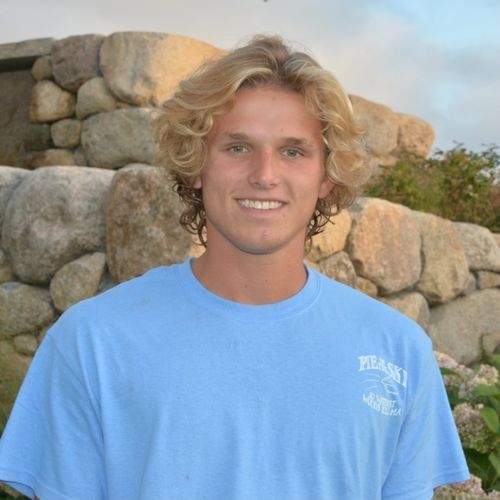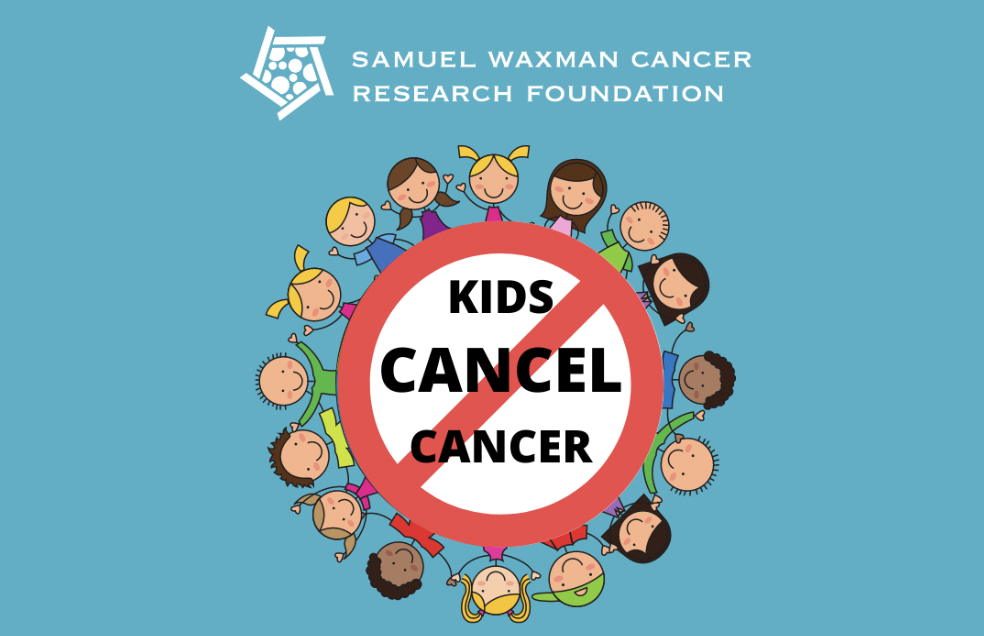What Are the Benefits of Experiential Learning?

When you think of a computer science student at Princeton, you may assume they were born coding out of the womb. But for Curious Cardinals mentor Max Steinert, and many students, that's not the case at all!
Max only realized his passion for computer science after he took an introductory course at Princeton at the start of his freshman year. But in addition to showcasing the Curious Cardinals ethos–that someone is never too old to find their passion–as a mentor, Max also is encouraging that someone can never be too young to find their passion either! Alongside math tutoring (Max himself has explored linear algebra, calculus based statistics and abstract algebra in his studies!), Max has been working with a 4th grade computer science student on their own passion project, “working to build a website, which has been really fun.”
Max is consistently impressed with what this 4th grade student has been able to accomplish, saying “He's learning at an incredible pace. It's been awesome to see how I can pass that new knowledge that I've just learned [in Princeton’s computer science courses] down to a kid who's much younger than me…He loves learning Python together. We're building a website, which is sort of more on the creative side of things, about different gardening techniques, cause he's had this interest in helping people garden and also he wants to sort of spread these skills for sustainability reasons as well. It's been very fun to work with him, even just to keep exploring that passion for myself as well.”
As a mentor, Max exemplifies the experiential learning approach that is key to Curious Cardinals pedagogy, drawing on what he knows kept him engaged as a young student with his mentees: “Something that I remember I appreciated when I was in elementary, middle school as a student was keeping things really hands-on and activity-based and exercise-based. So instead of droning on for 30 minutes and just talking his ear off about all of this Python stuff, the really cool thing about computer science is it's very project-based and it's very practical, so I can show him two slides and then we can spend 15 minutes just giving him the chance to try it out and see what works and make mistakes and learn from them. And that's how I think, especially at that age, you learn the quickest and I've noticed that that's how I've been so successful helping him learn pretty challenging material.”
Max details how this experiential learning design opens his student up to learning through trial-and-error and asking open-ended questions: “I try to keep it really interactive. We do a lot of hands-on coding activities where he's doing something and I'm sort of looking over his shoulder, and correcting him or just letting him, you know, finish out the assignment with one or two mistakes in it and then asking him, you know, what went wrong? Can we find our mistakes? So definitely those like open-ended questions are something I try and work with as well.
Max also employs another hallmark of Curious Cardinals teaching: curating lessons to students’ hobbies and extracurriculars to help them stay excited and on track to meet their goals: “I focus a lot on my students' interests versus the specific subject that we're learning about. So for example, I'm working with another student on writing over the summer, just to help get more practice and get prepared for the school year. He's a ninth grader going into 10th grade and he's a big hockey player who’s really interested in sports. So instead of reading books and writing about those, we've focused more on current sporting events that are happening like the Stanley Cup, I had him write about that. So we were just focusing on his interests, but all still relating it back to the academic skill that he's trying to work on.”
Do you want to take part in interest-based, project-based experiential learning in computer science or another subject from a mentor like Max? Sign up here!

.png)
